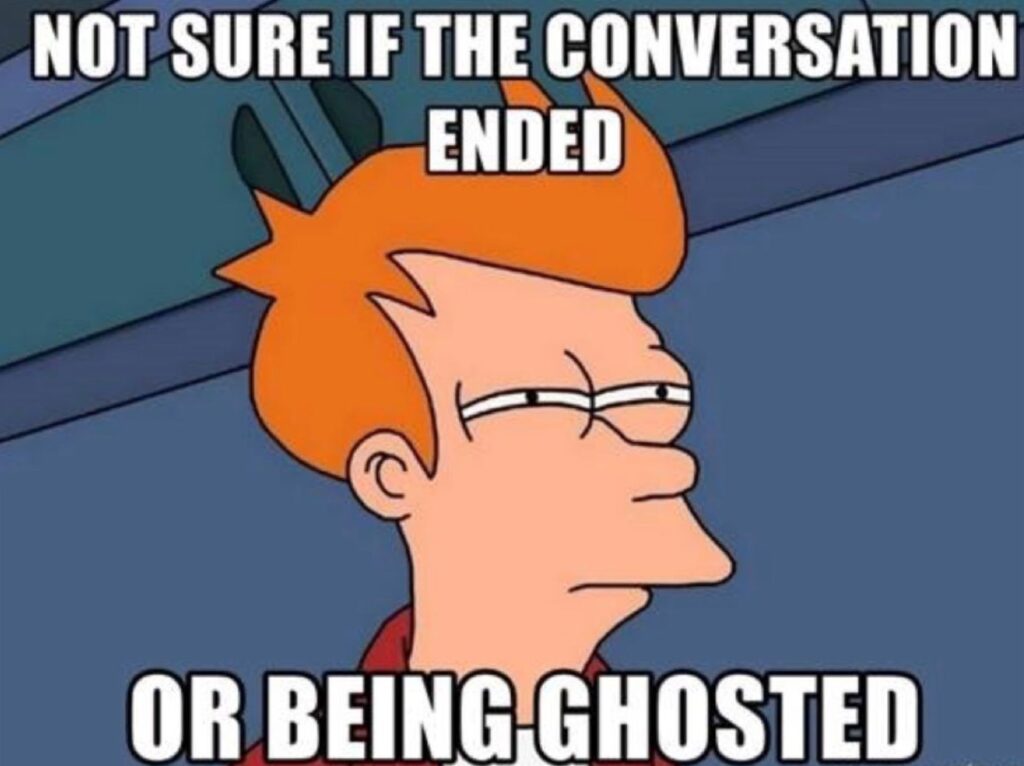Have you ever been cut off by someone you are talking to without getting an explanation or reason? If yes, then you have been ‘ghosted.’
“Ghosting” — you probably heard this word a couple of times already. It is a word that you would often hear among Gen Zs and millennials. This term has become popular in the past few years as more and more people participate in online dating and internet love. Thanks to social media, it is now easier for people to find someone they can date online. While this dating term may have been discussed a lot of times already, little is still known about the impact this leaves to couples, especially in their confidence and mental well-being.
A study from the Netherlands entitled “Gone with the wind: Exploring mobile daters’ ghosting experiences” by Elisabeth Timmermans, Anne-Mette Hermans, and Suzanna J. Opree revealed that being ghosted was found to be heartbreaking for many dating application users. Aside from this, they also found out in their study that ghosting affected their self-confidence and mental health. Their study delved into the personal and first-hand experiences of 328 users of mobile dating applications.
The research found that many of the participants felt hurt and unhappy they were ghosted. There were also some that felt anger, disappointment, and disillusion. Since ghosting often happens unexpectedly, the study found that dating app users used to feel worried about the situation of the people that ghosted them. There were seven users who felt embarrassed for being ghosted, while there were four that believed that the experience made it clear that the person who ghosted them does not deserve them.
Ghosting has been found to be harmful to the mental health of many participants. The study found that their self-esteem lowered and it became hard for them to trust others. Cases of panic attacks and depression to some were also mentioned in the study. The research proved that ghosting can affect other people’s well-being.
Now, how did the users handle and cope with their experiences? The research also explored the different ways the users carried on with their lives after being ghosted. According to the study, there were users that deleted their dating applications and even the contacts of the people that ghosted them. There were also those who reached out and leaned on to their friends.
However, for some, a closure was needed. Based on the research, many of the participants said that closure was necessary in order for them to move on. Part of this was knowing the reasons why they were ghosted. Aside from this, there were also users who comforted themselves and believed that ghosting was just a part of dating in the very first place. There were also others that would move towards managing their actions and expectations about dating applications in the future.
Without a doubt, ghosting would not take place in the first place without social media. With social media’s development through the years, dating became easier. In the same way, it has become easier for people to ghost and hurt others.
Other POP! stories that you might like:
That ‘new car smell’ that you love so much could be toxic to your health, according to new study
5 Korean BL series to start binge-watching this year
Fellow ASTRO members and K-pop friends pen letters to Moonbin


